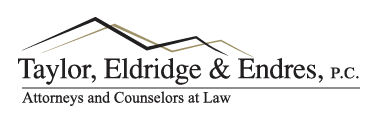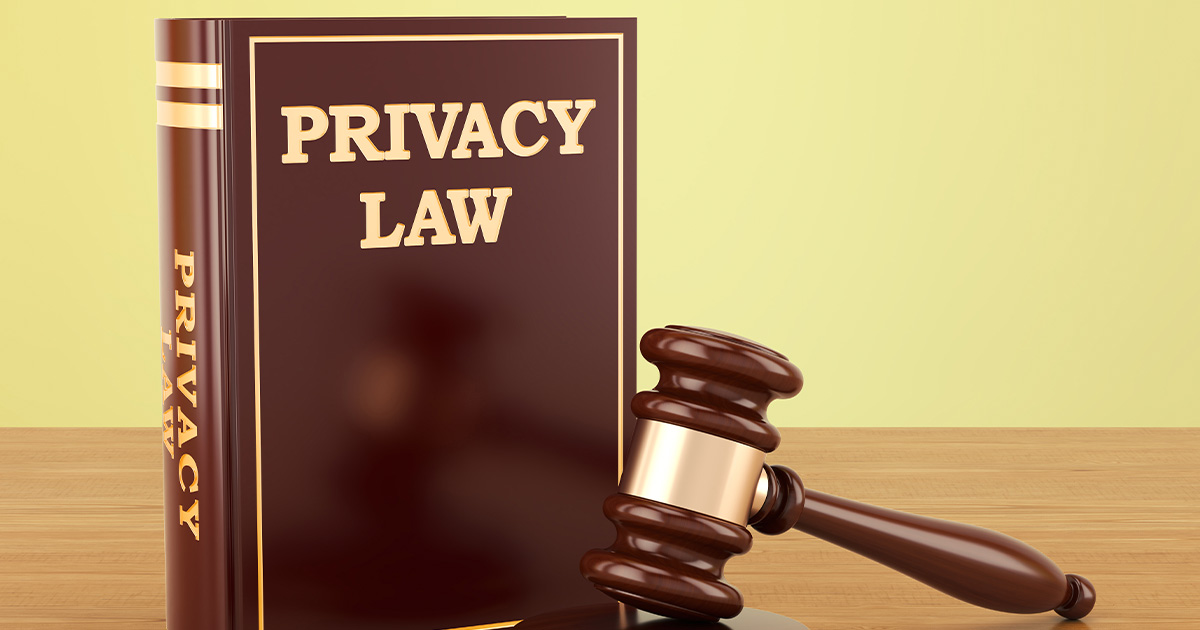A co-op shareholder makes a request
A co-op shareholder, seeking to run for a position on the Board of Directors, requests the Board and its managing agent a list of the names and addresses of the corporation’s shareholders. His stated purpose for the list is to enable him to contact the shareholders and seek their support for his campaign.
The Board provided the list, but it is incomplete and out of date, with the names and addresses of some shareholders redacted. The Board claimed that some of the shareholders wanted their information to remain private and that under no circumstances would he be able to view an unredacted copy of the master shareholder’s list.
The Westchester County Supreme Court, in the Matter of O’Donnell v. Fleetwood Park Corp., ordered that the co-op Board provide the shareholder with an “un-redacted and updated” list of all shareholders and their addresses.
The Court did not question the authenticity or validity of the Board’s claim that certain shareholders requested that their information be kept confidential. Rather, the Court found that the shareholder had a statutory and common law right to inspect the corporate records, which includes a list of shareholders’ names and addresses. As far as the Court was concerned, any shareholder requests for confidentiality took a back seat to the shareholder’s legal right to inspect the books and records.
The trial court’s decision was recently affirmed by the Appellate Division, Second Department, which held that:
“Under New York law, shareholders have both statutory and common-law rights to inspect a corporation’s books and records so long as the shareholders seek the inspection in good faith and for a valid purpose.”
This case and its court decisions specifically relate to a co-op apartment corporation and its shareholders.
Would the same or a similar result occur if the community was a condominium or homeowners association?
Most likely. While the statutes and common law are different for each type of community, the applicable principles are fairly consistent. Homeowners generally have the right to review an association’s books and records, including a list of the owners and their addresses. Any requests for confidentiality by owners, however genuine, will likely not serve as a valid shield against disclosure.


